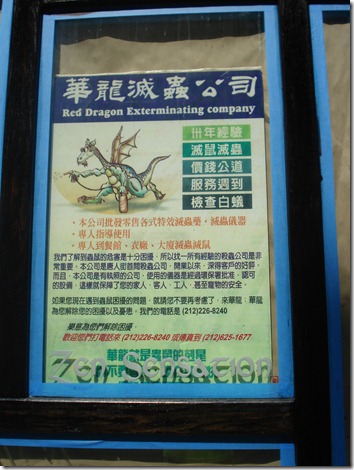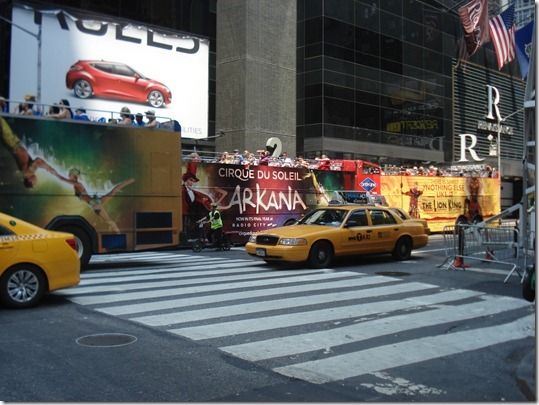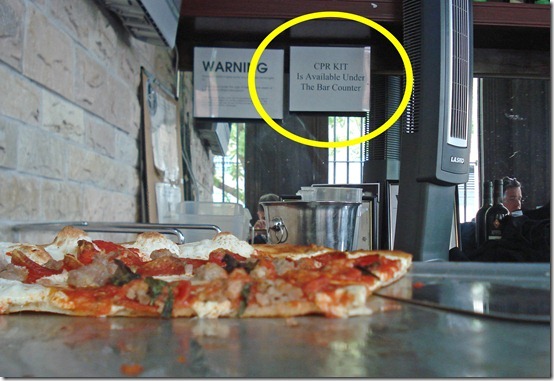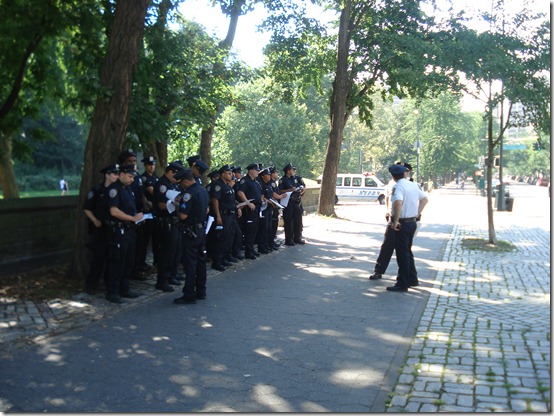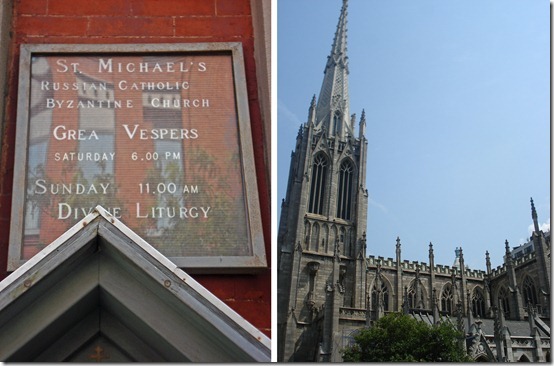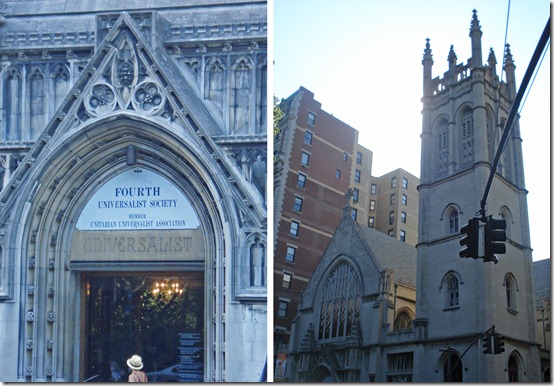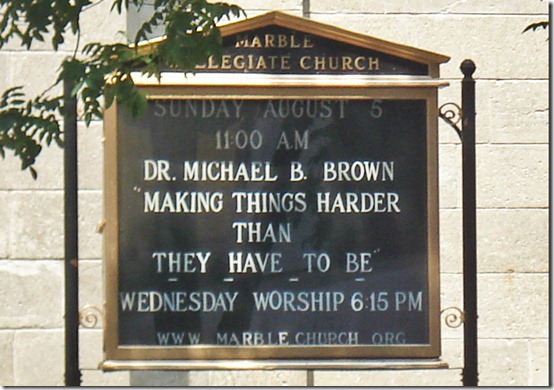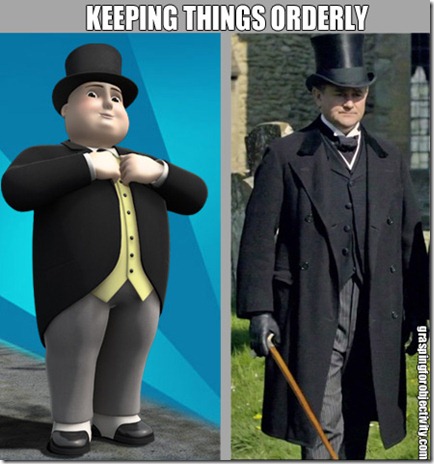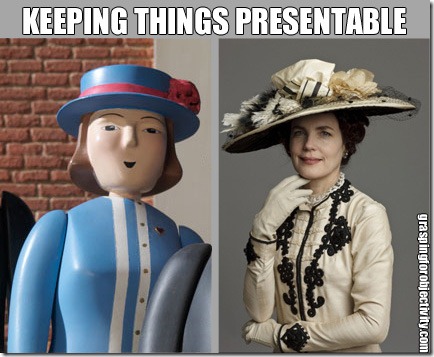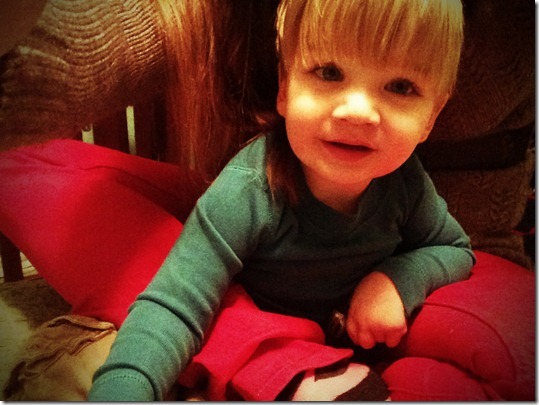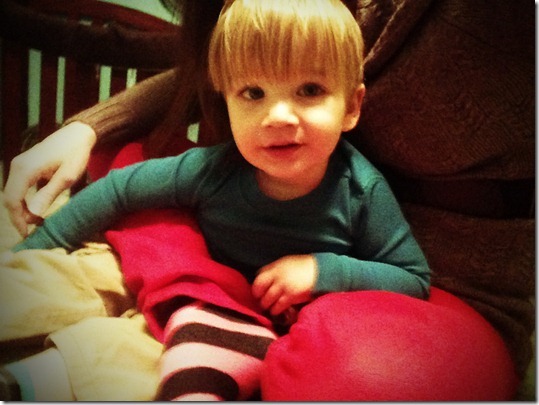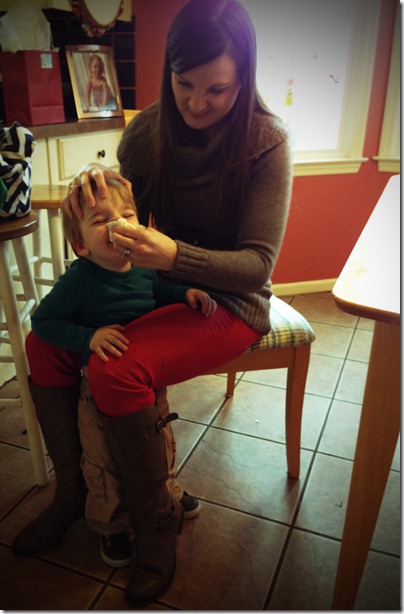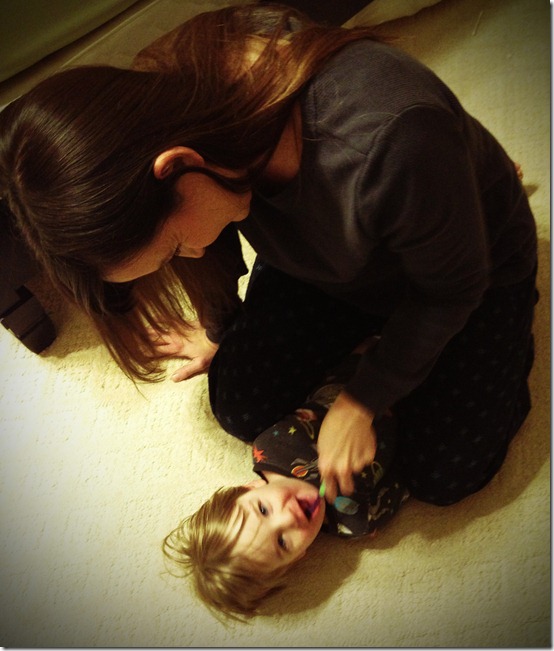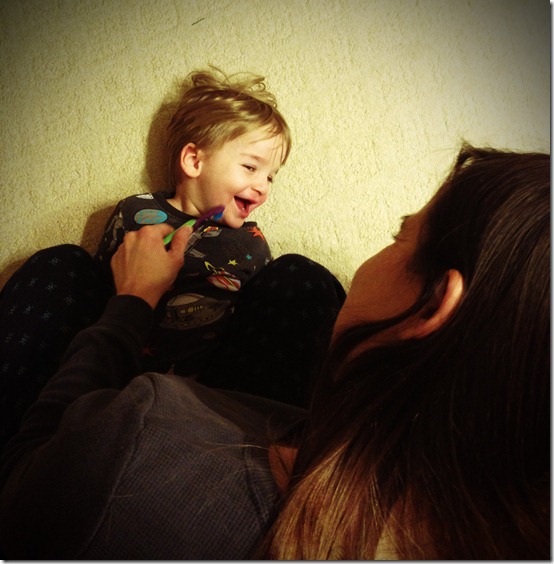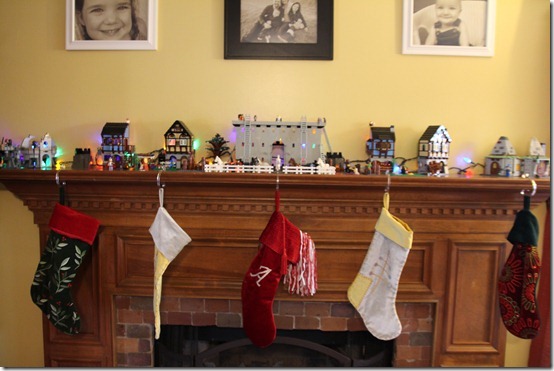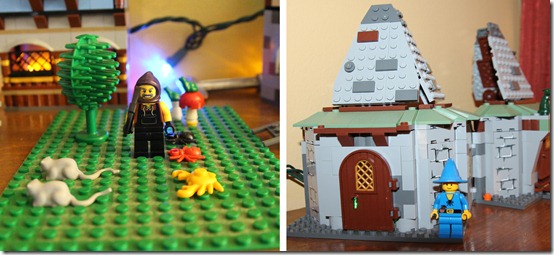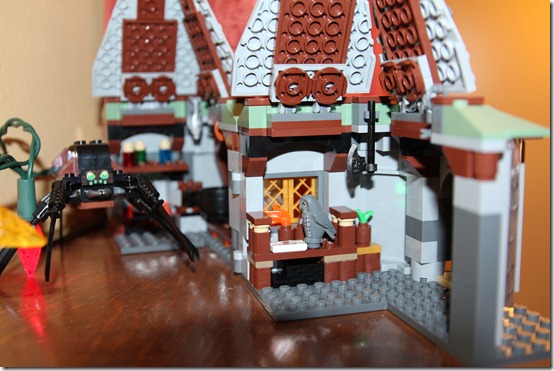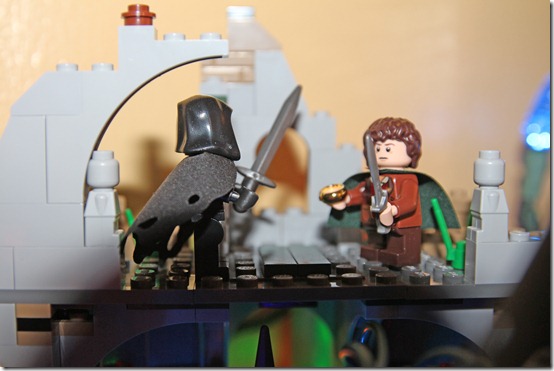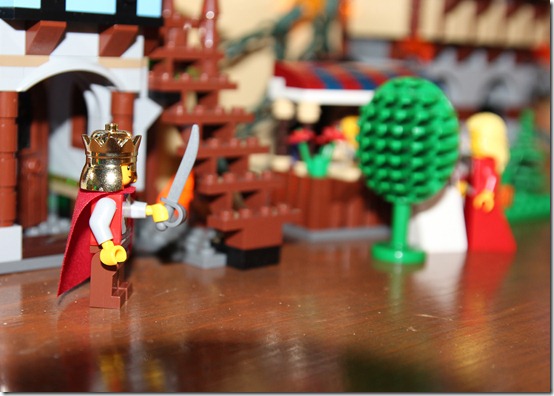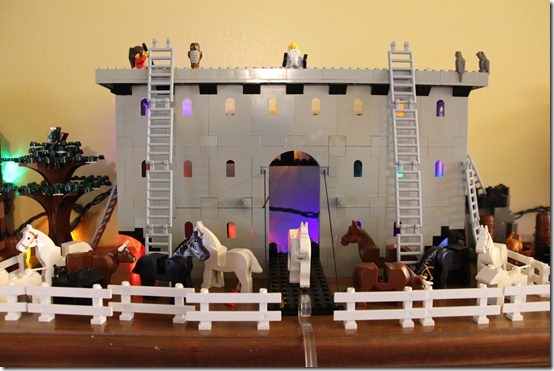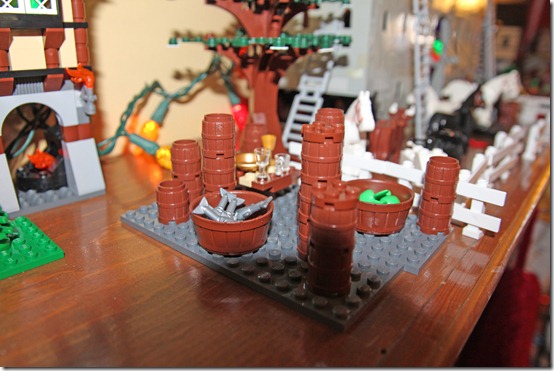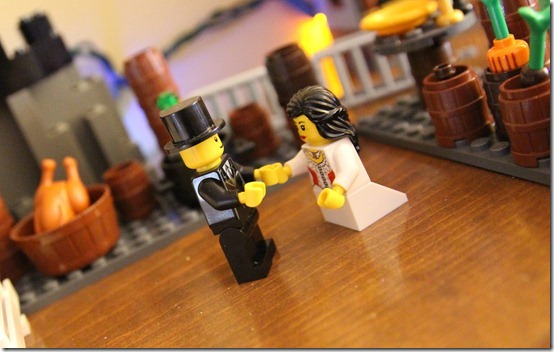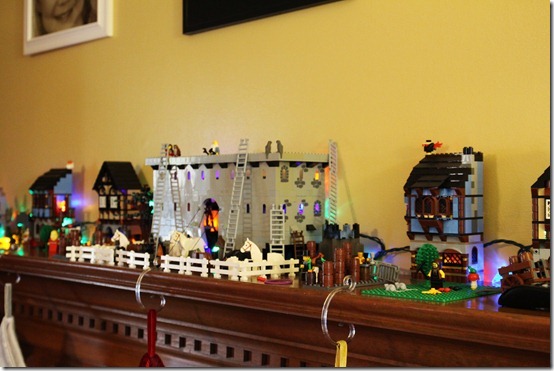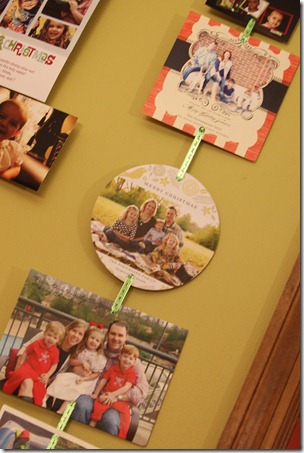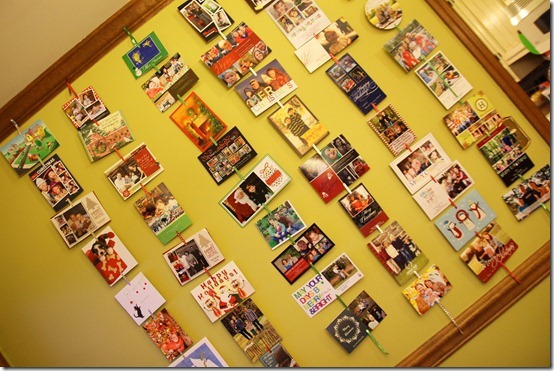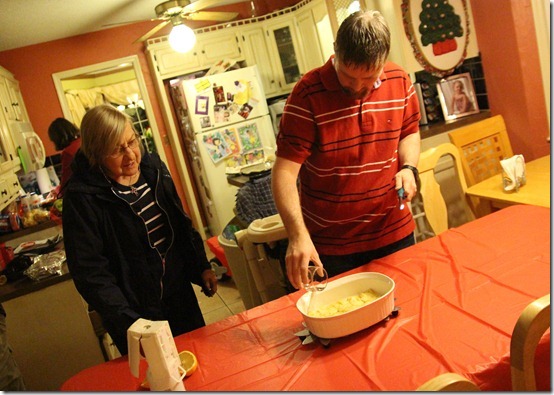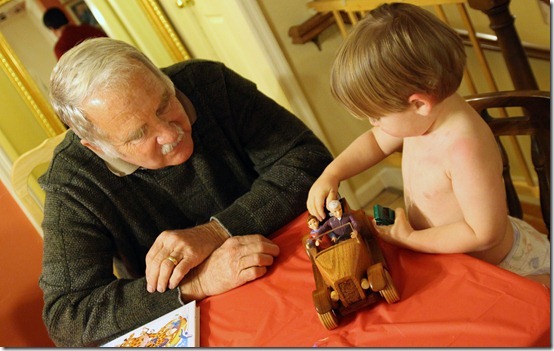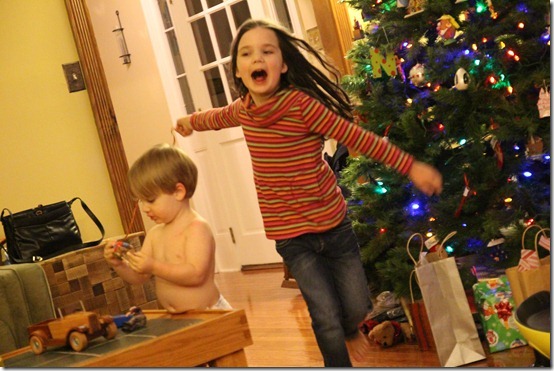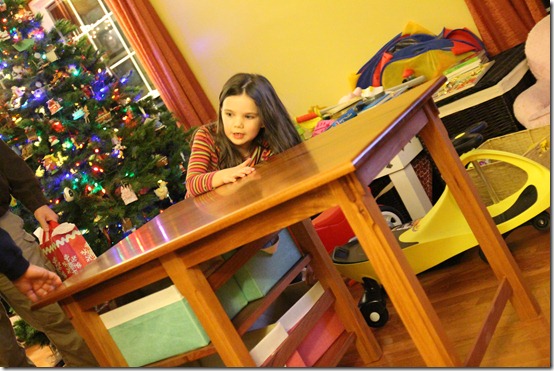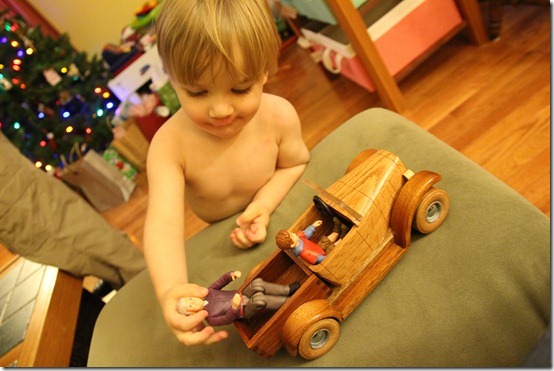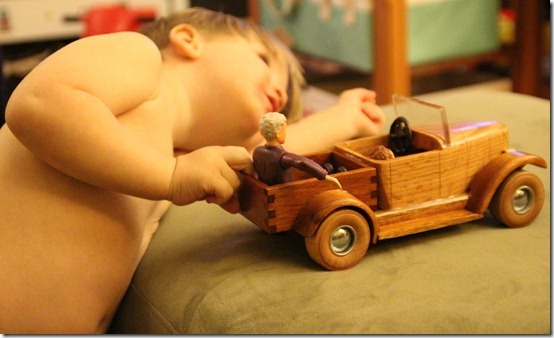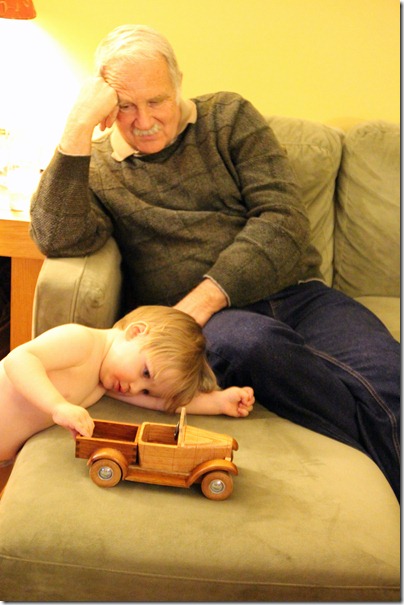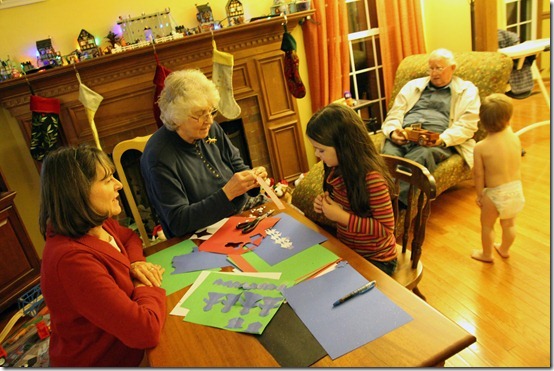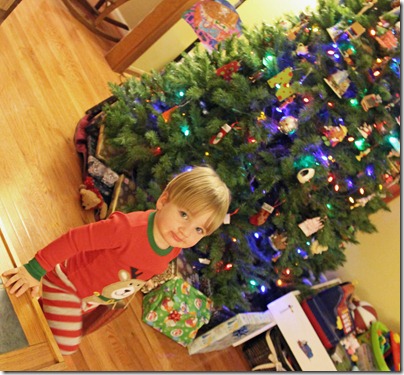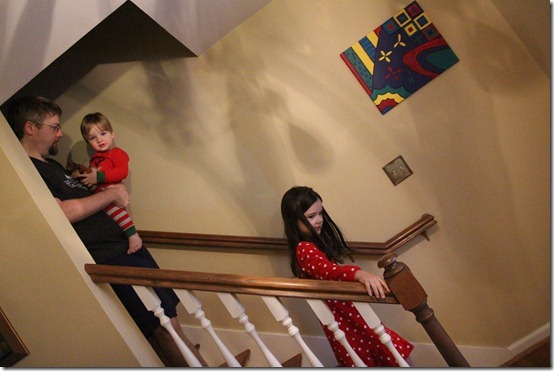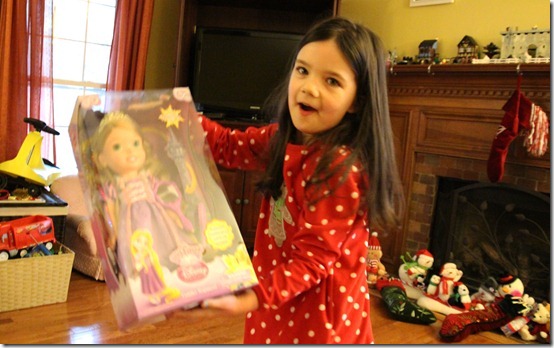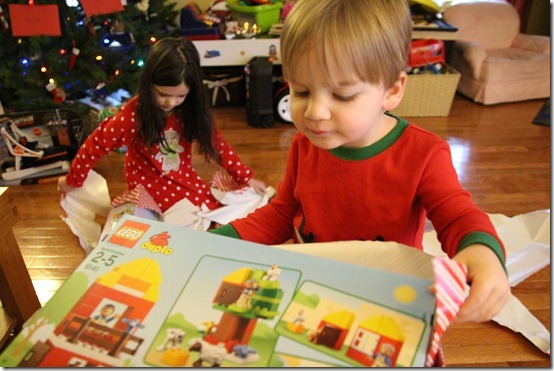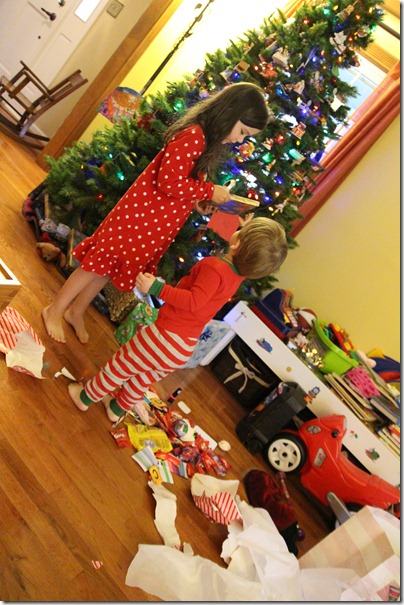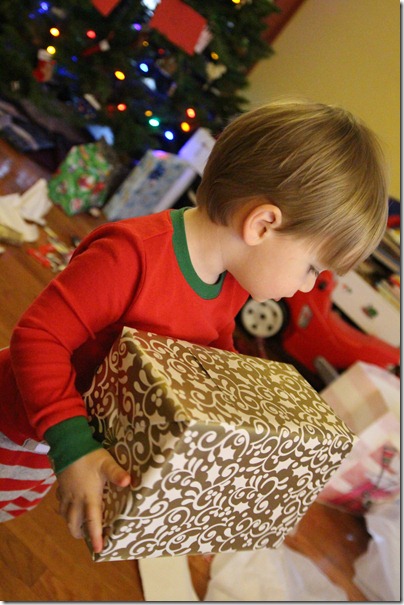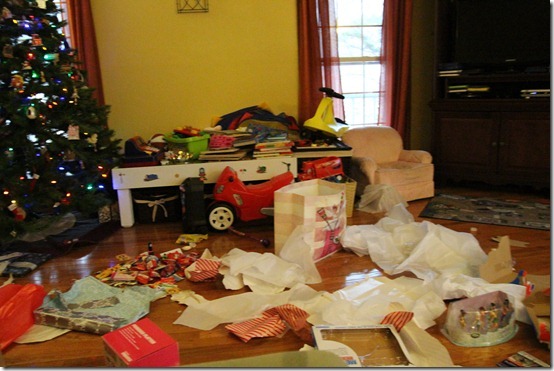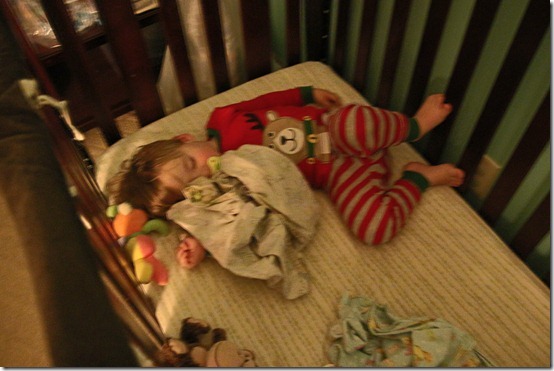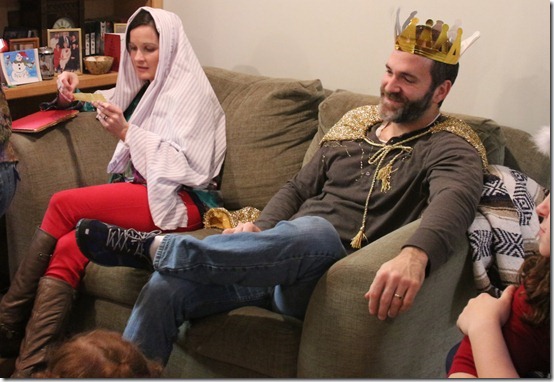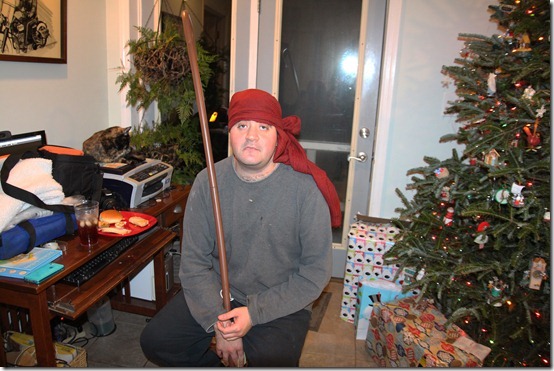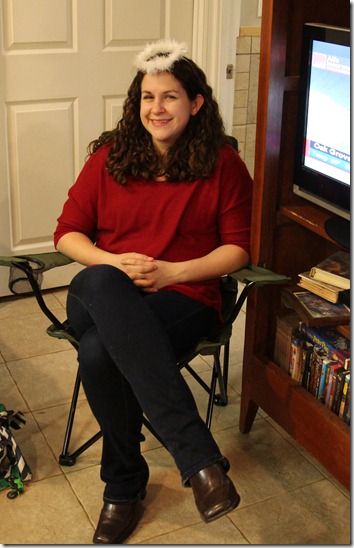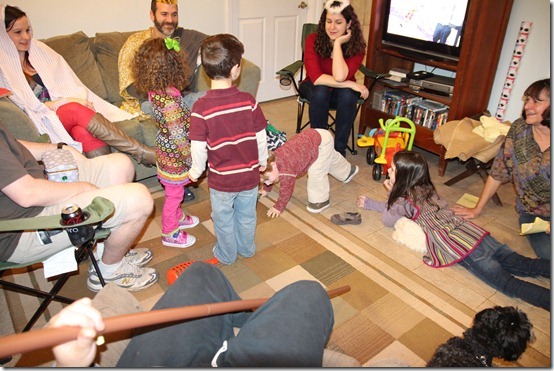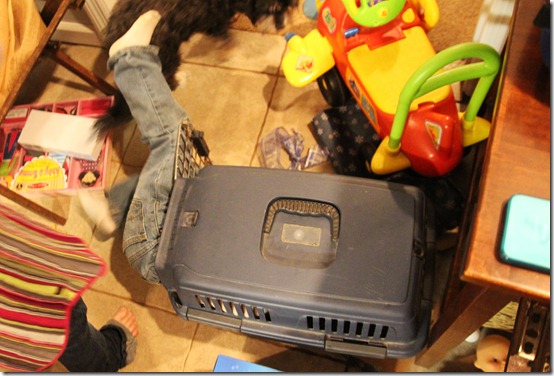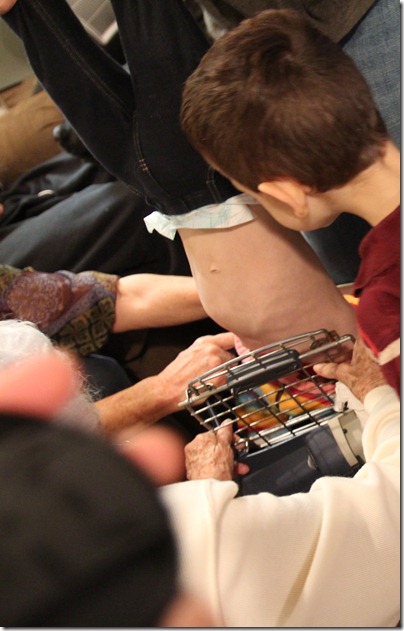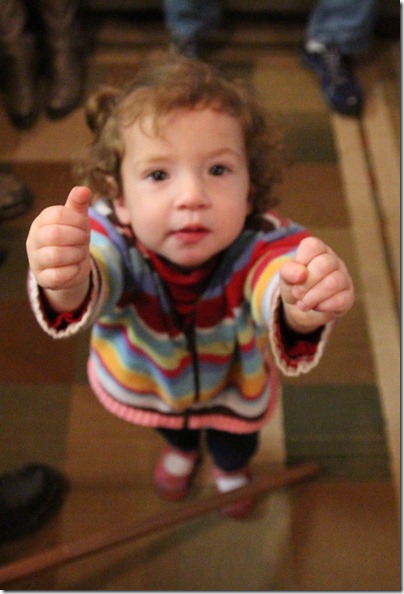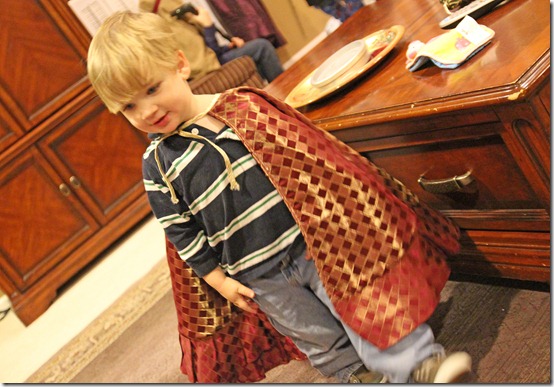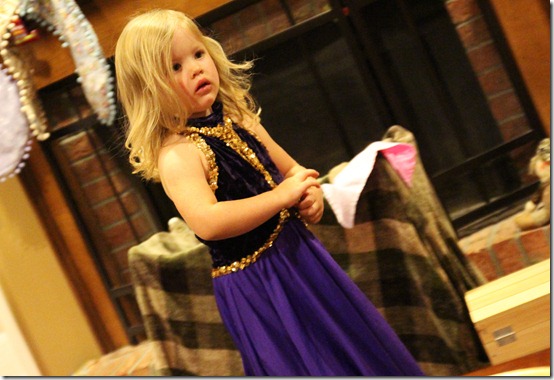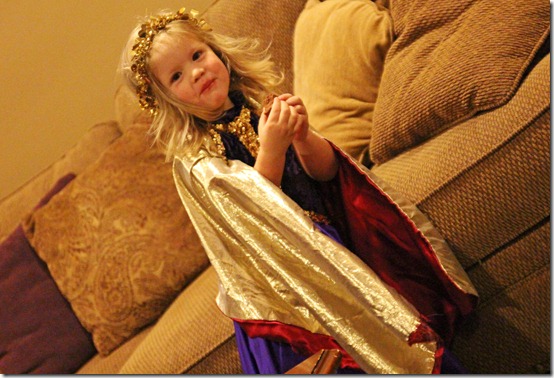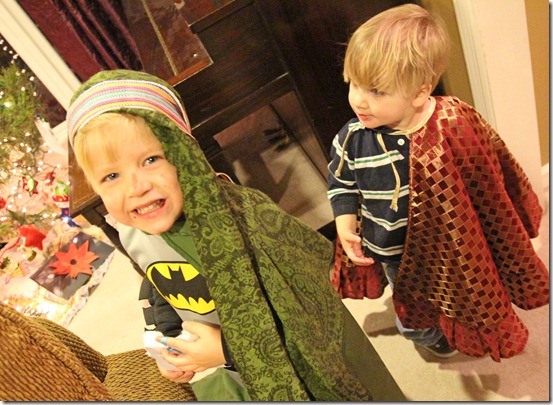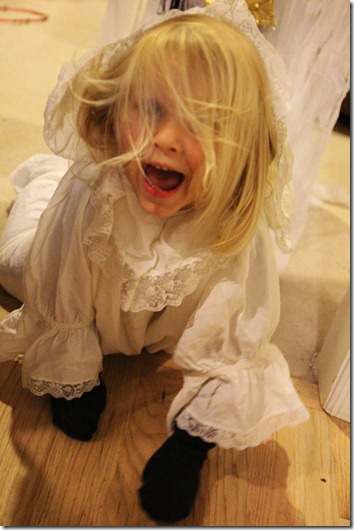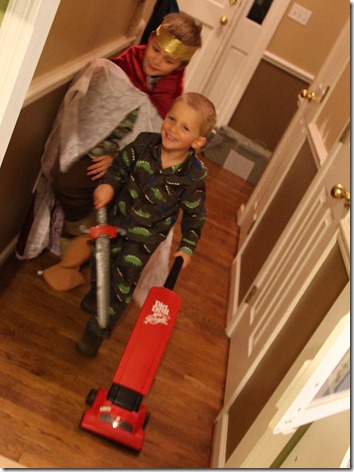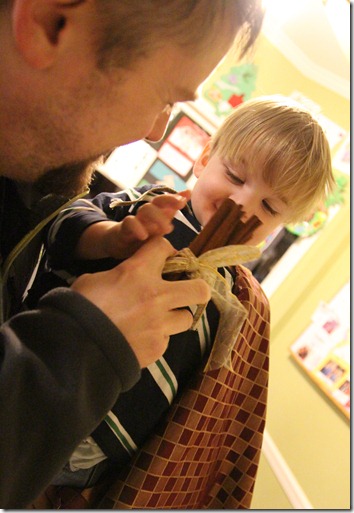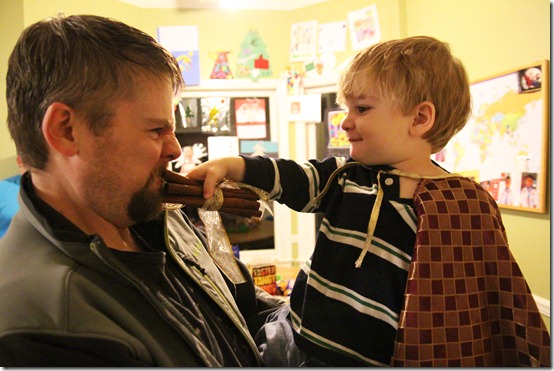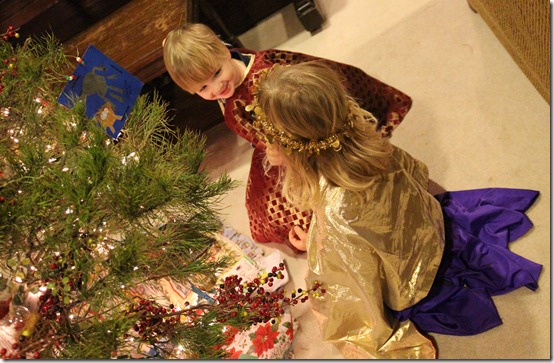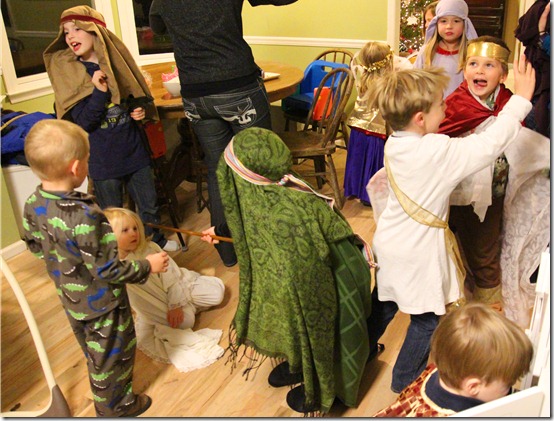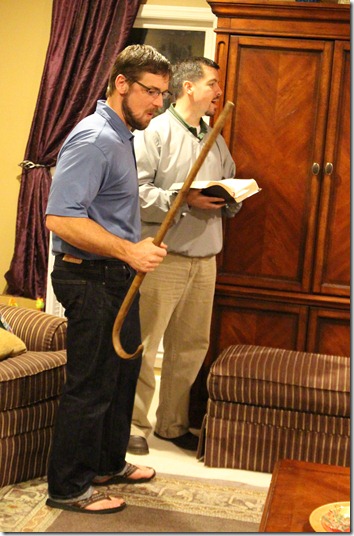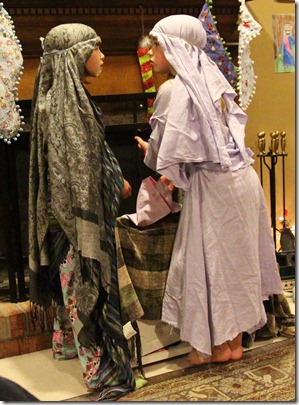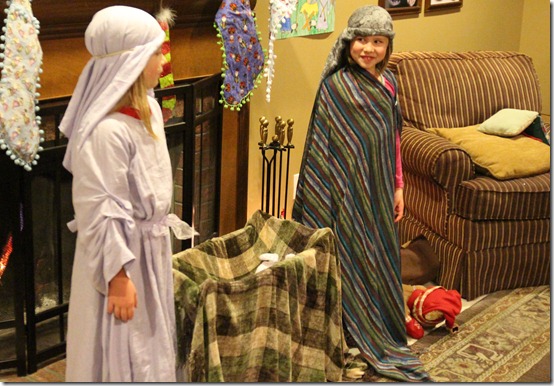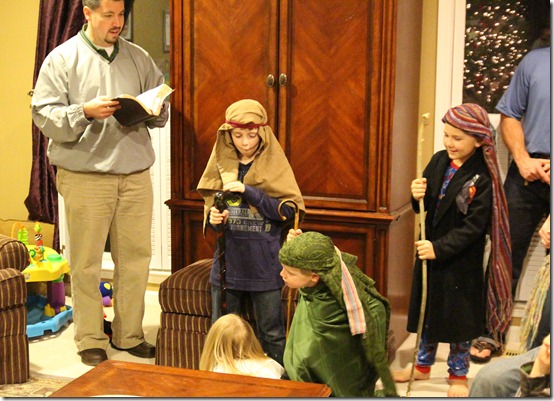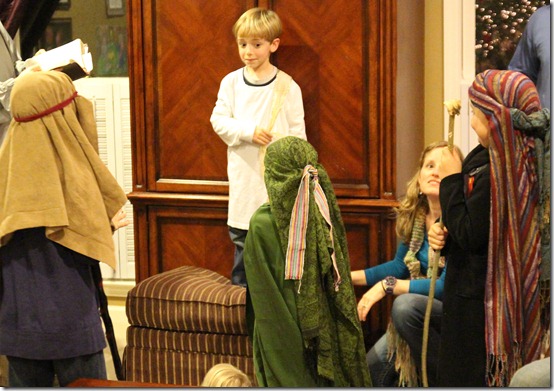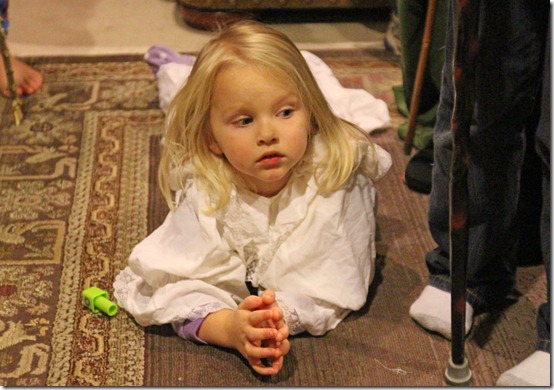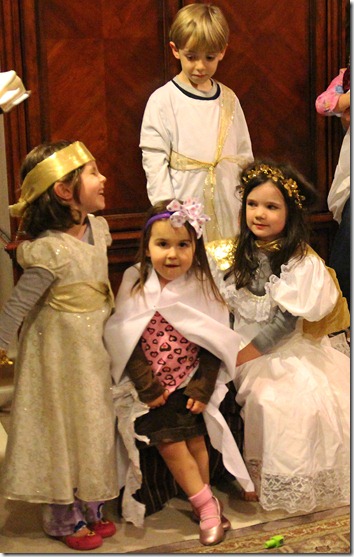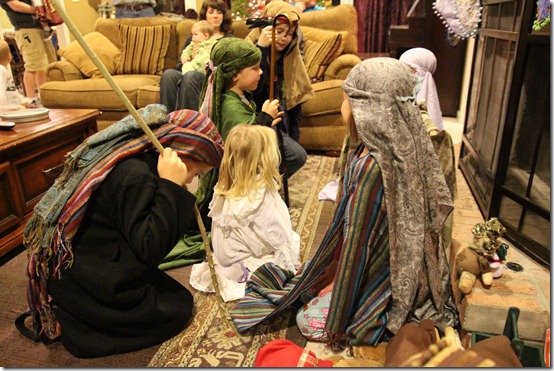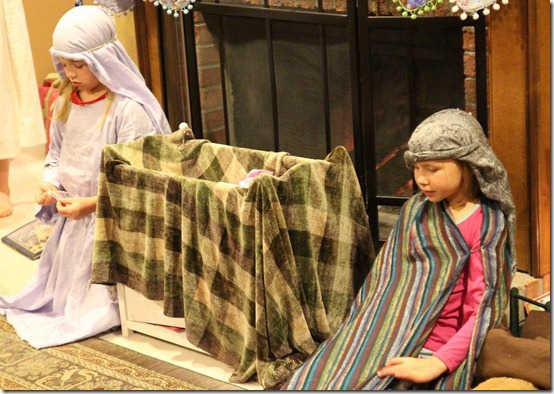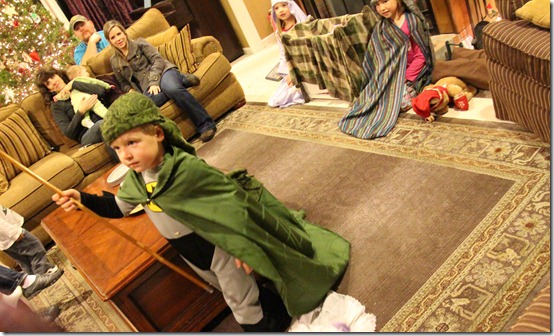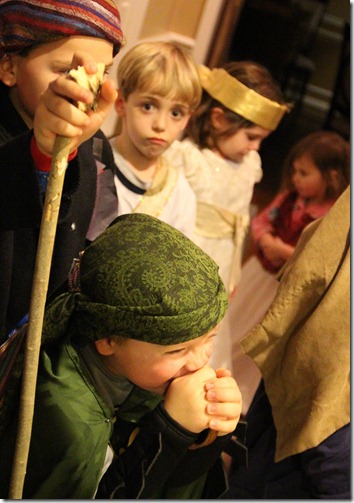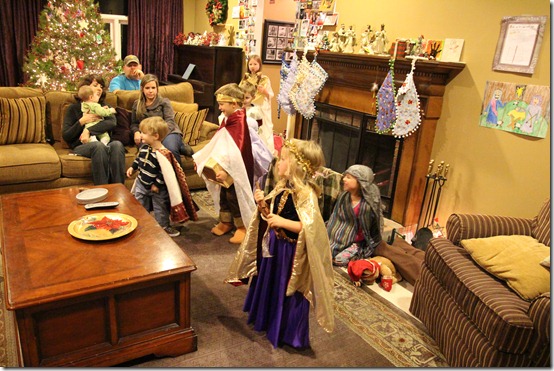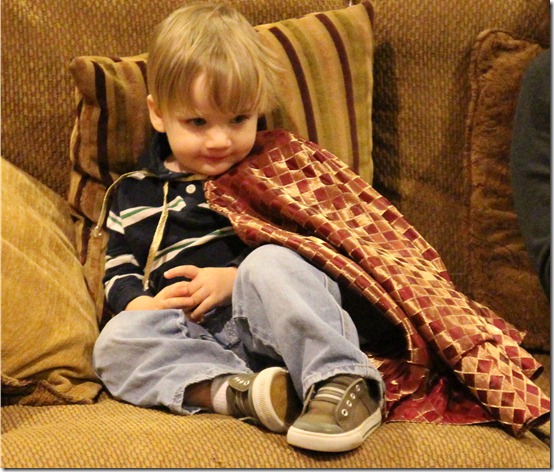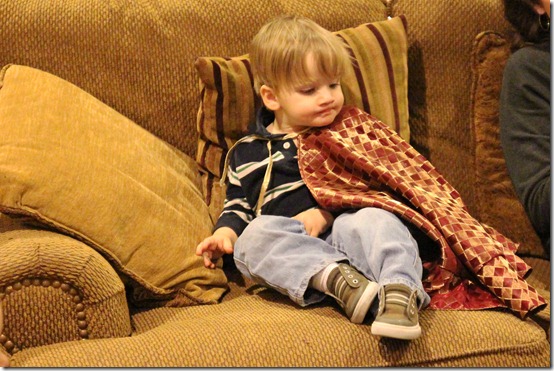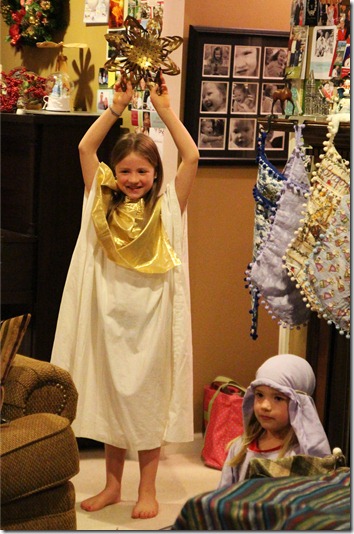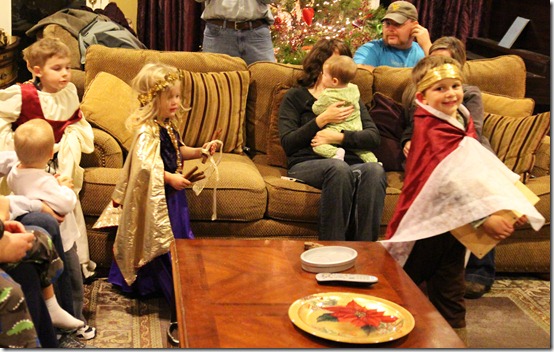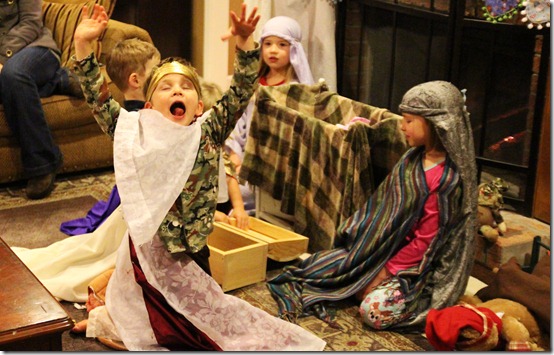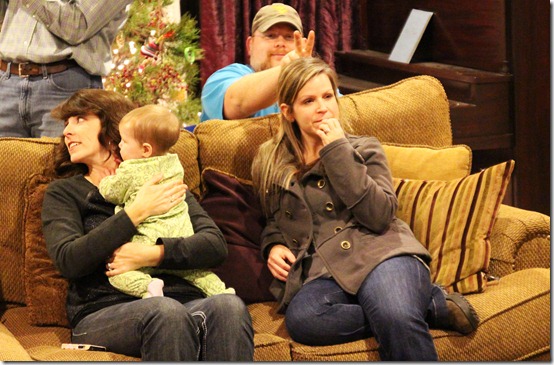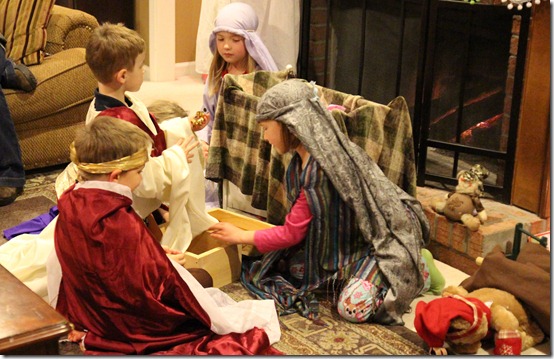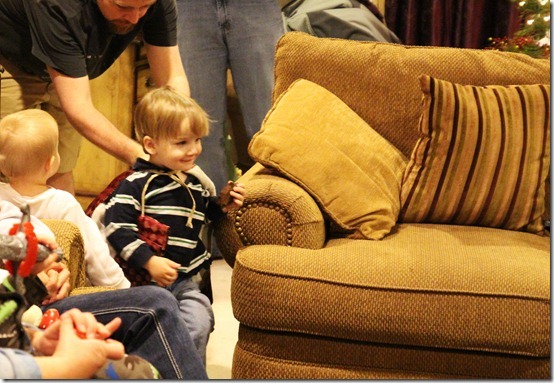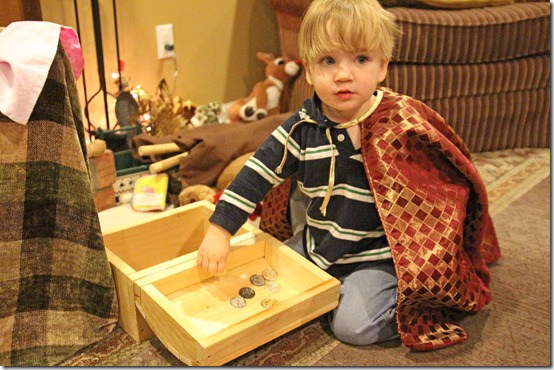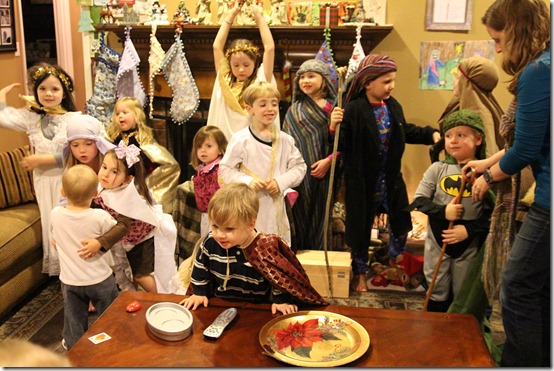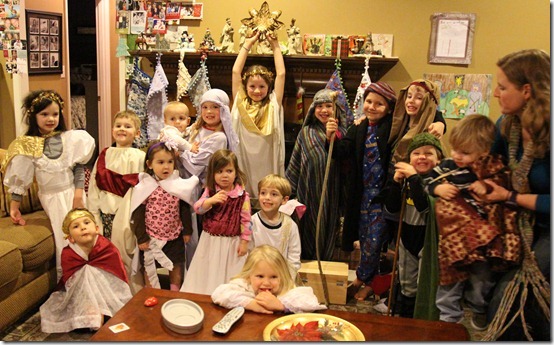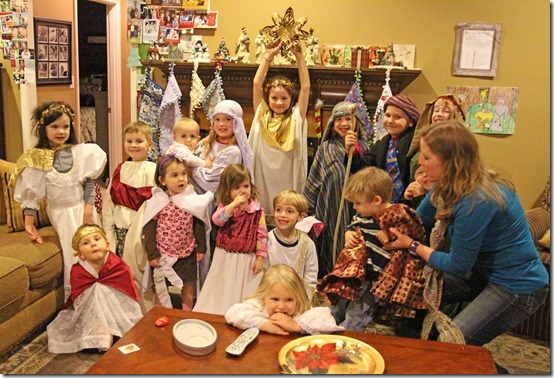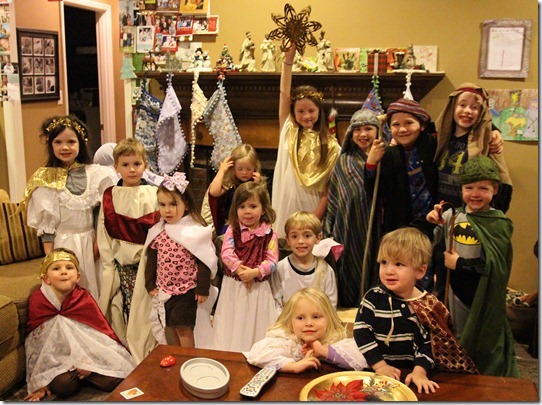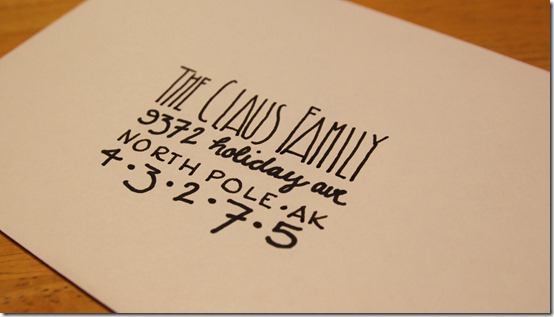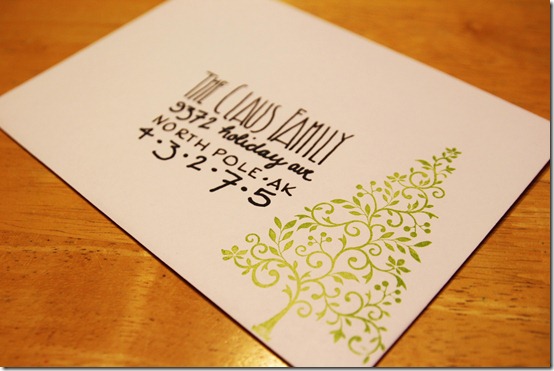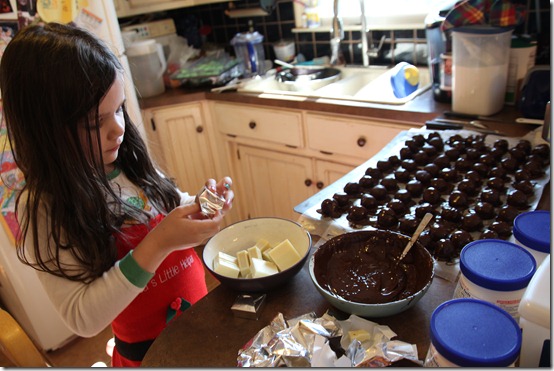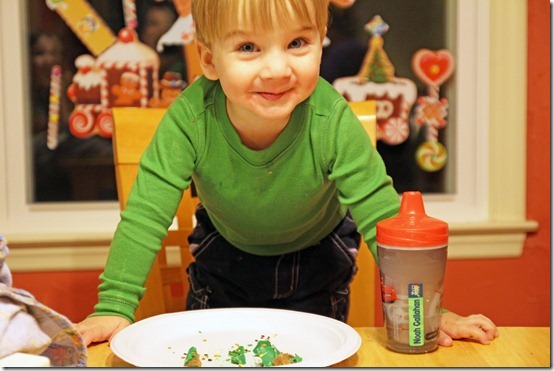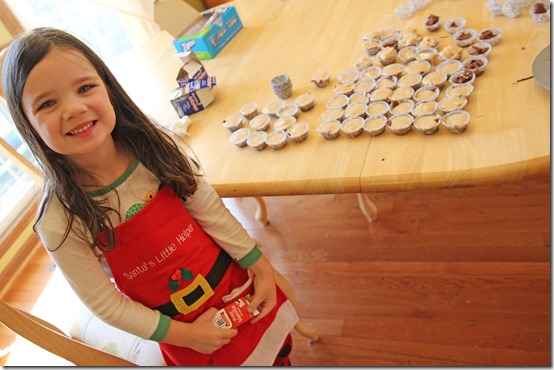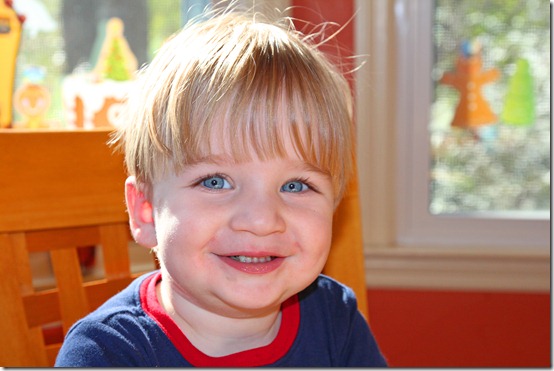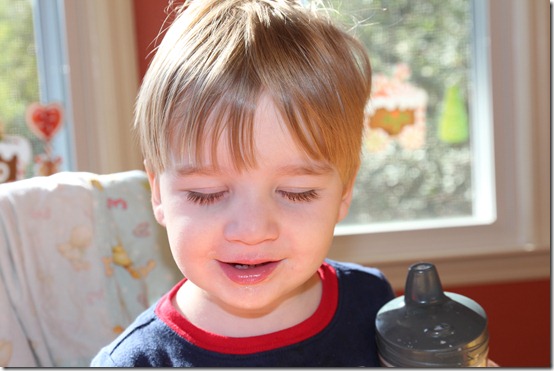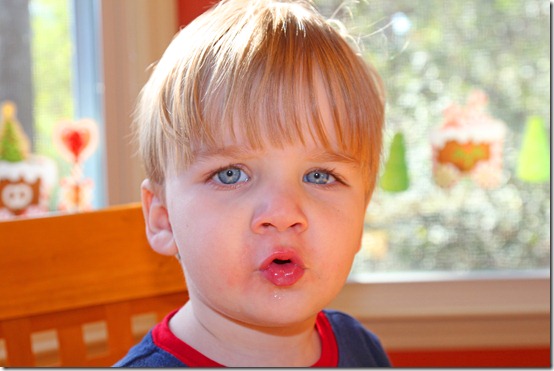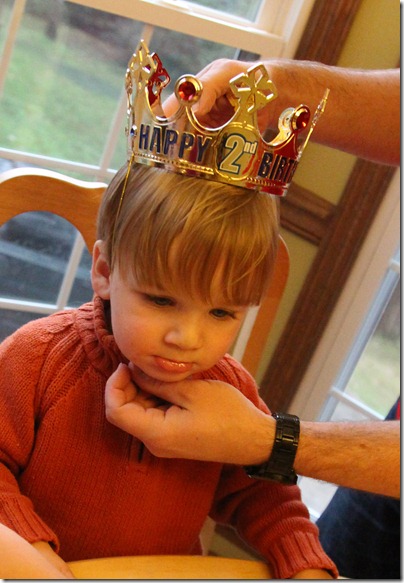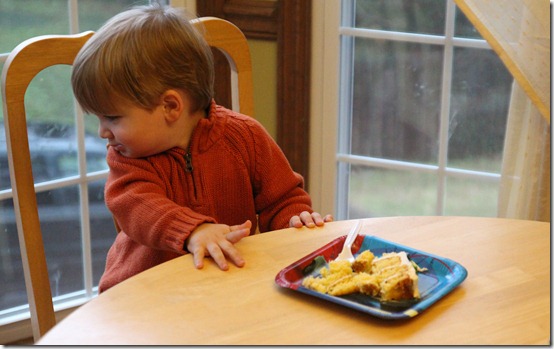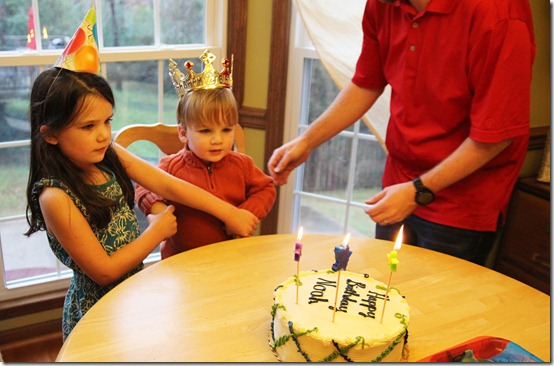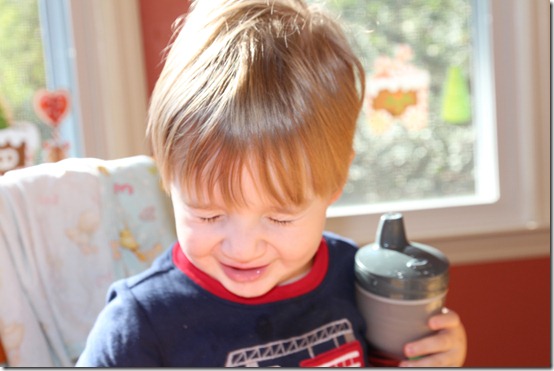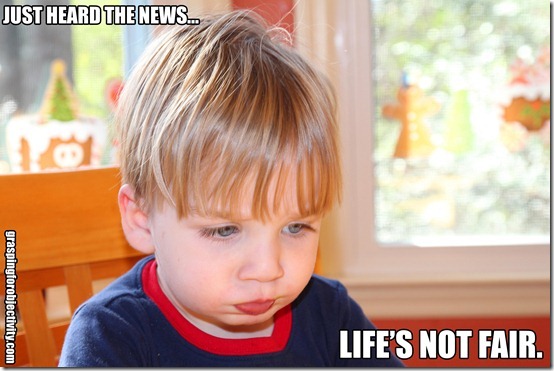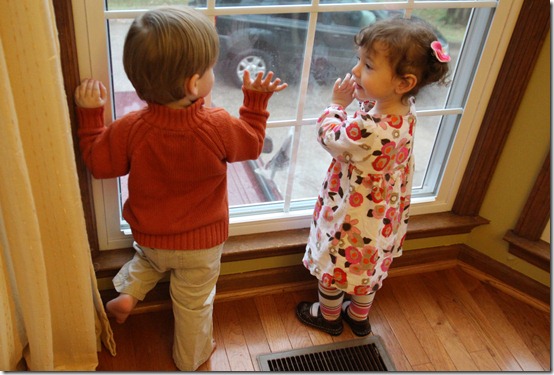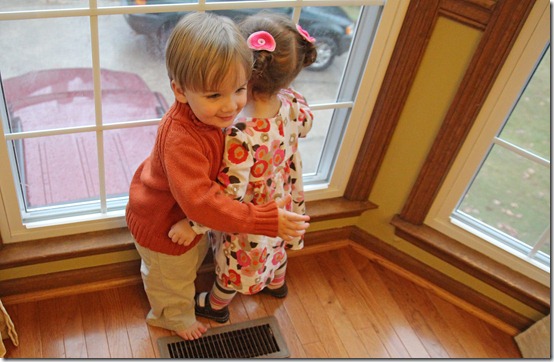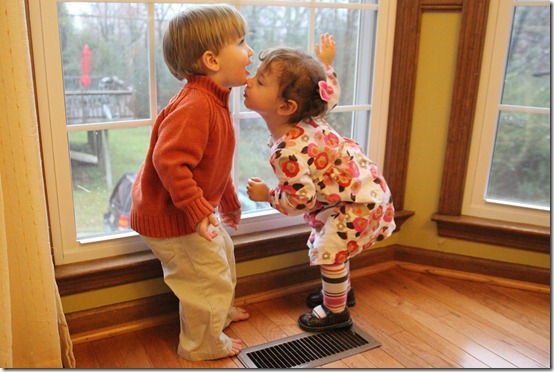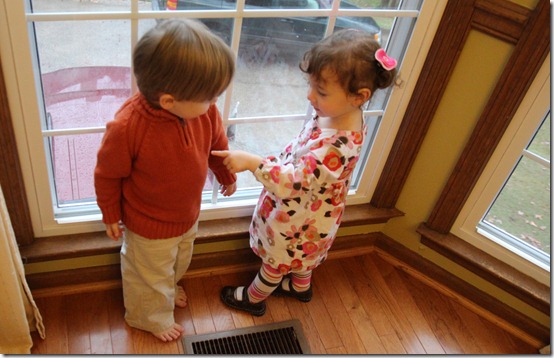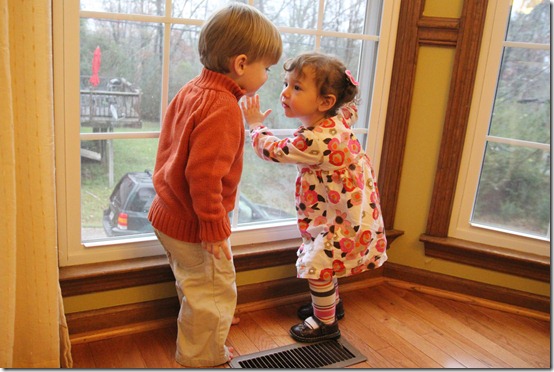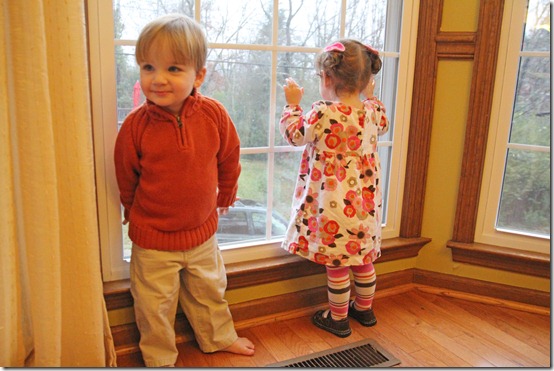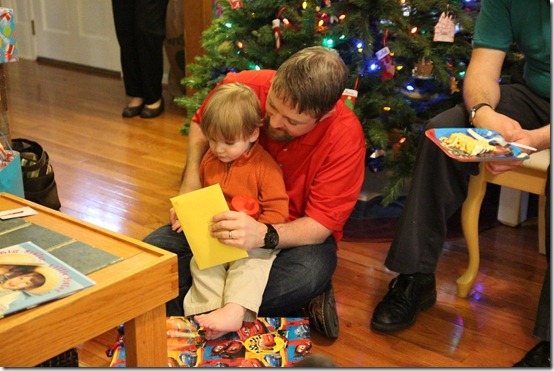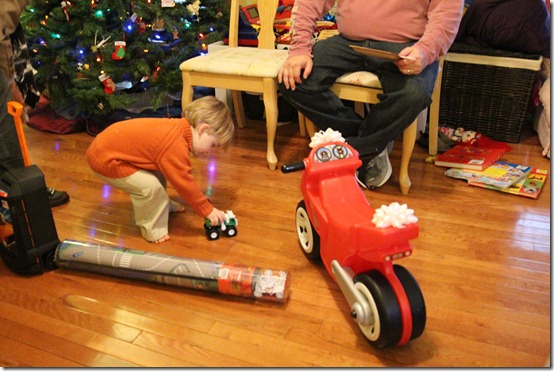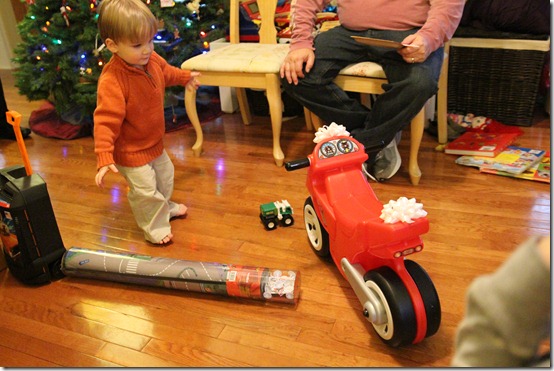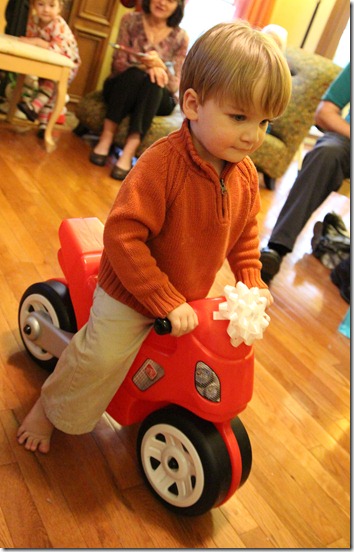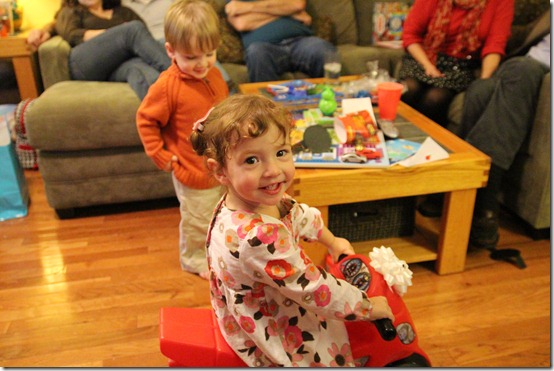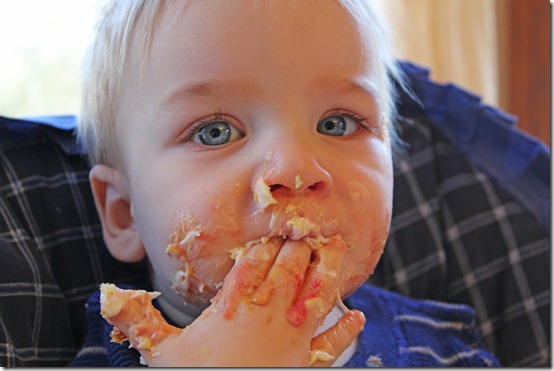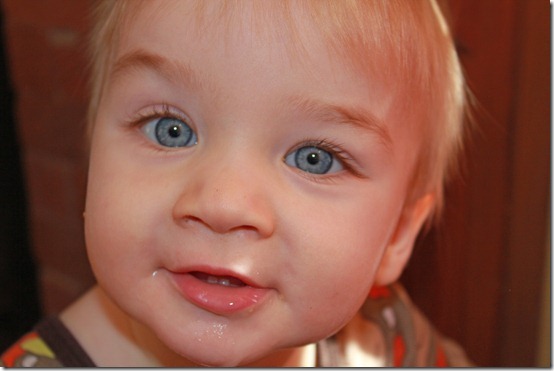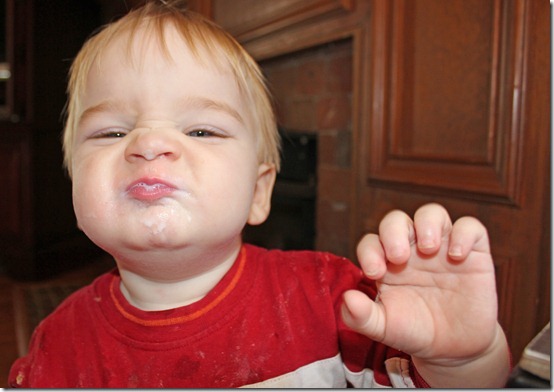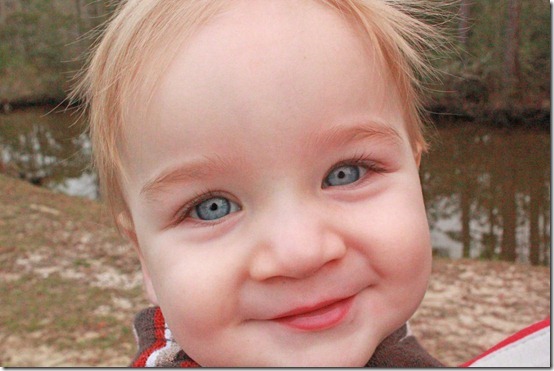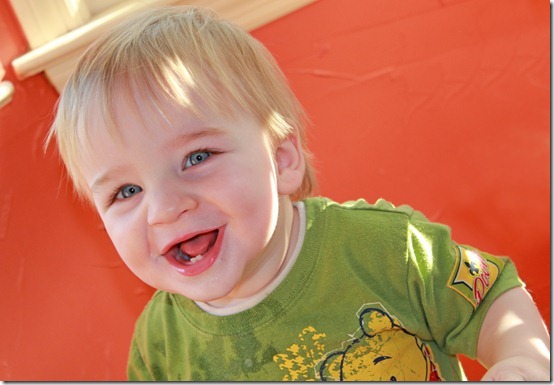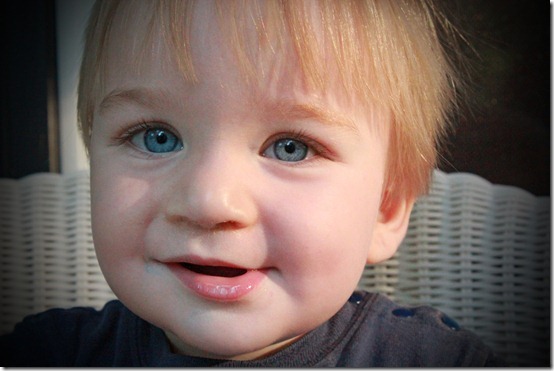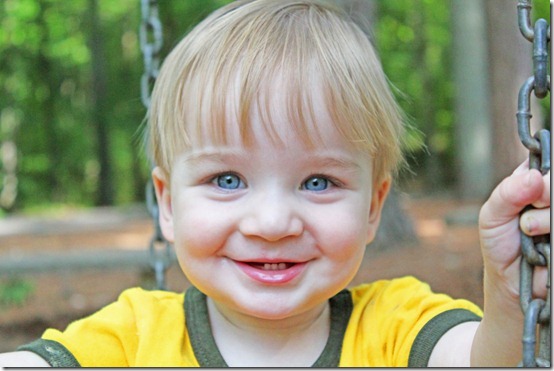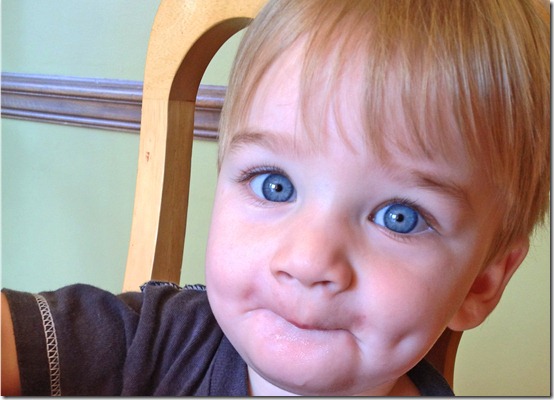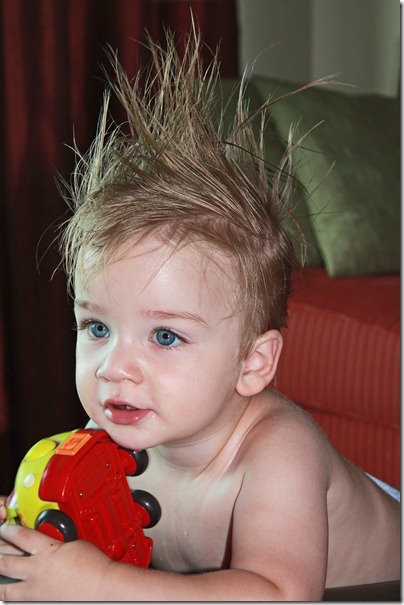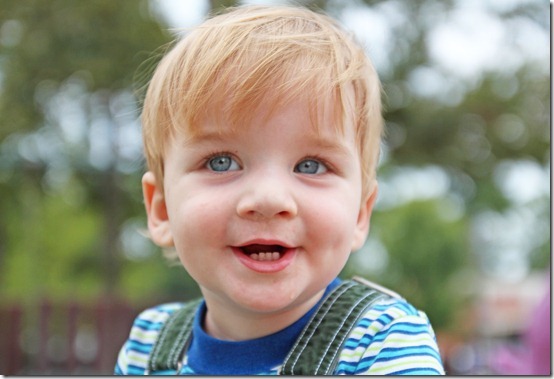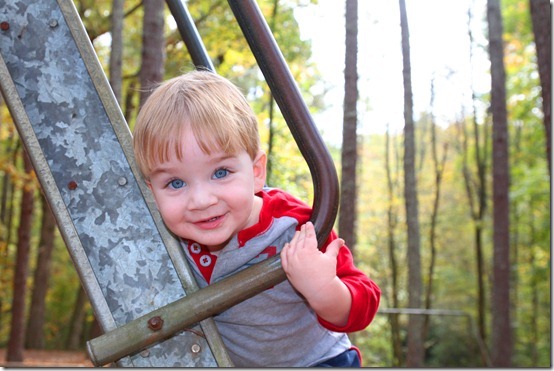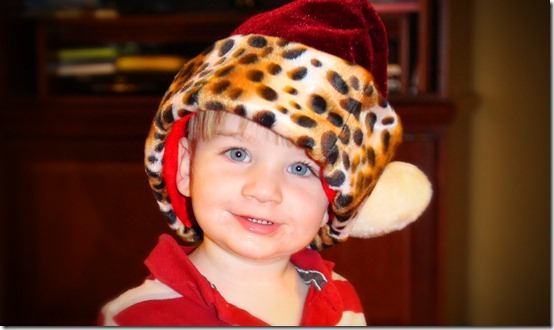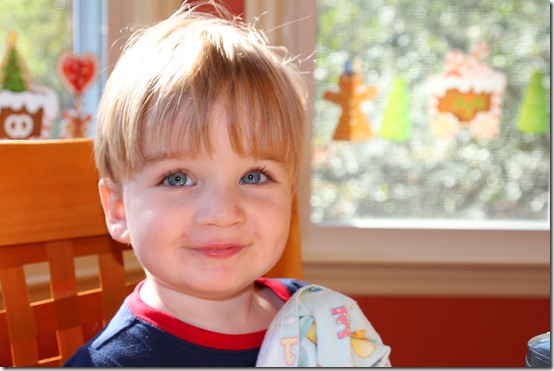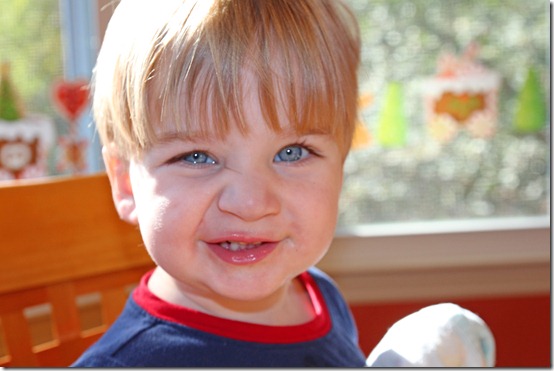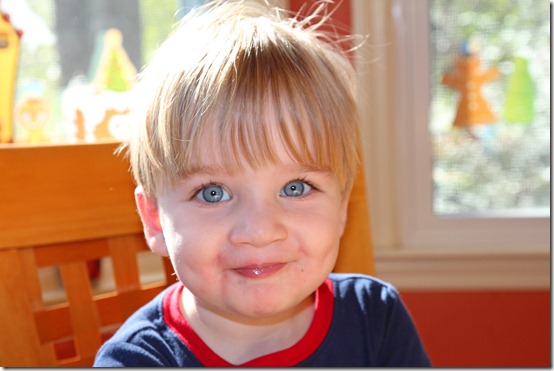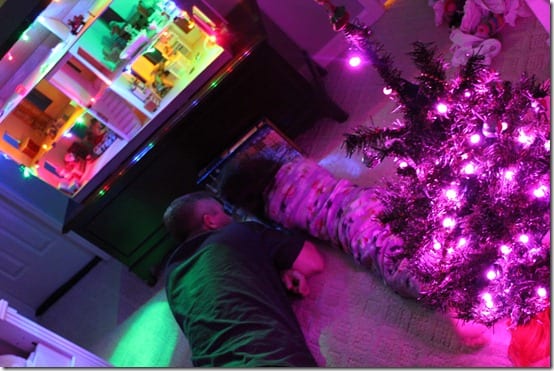This is a guest post by Chris, my contributing editor, contributing dad, and contributing husband.
So, the new year is here, and most of America resolves to do something.
In January of 2003, I threw my large flabby self into an old pair of sneakers and walked ambitiously to the foot of our hill and started running with all of the fervor and grace that a fat guy can muster. I didn’t make it a quarter mile before my legs & lungs gave out and I had to walk again. But I kept at it, and this January marks ten years of habitual running.
Its not just exercise for calorie burning, although that is definitely part of it. Its become my favorite hobby – a mind-clearing, fresh air breathing, challenge conquering pastime.
But the biggest reward of running is the freedom to explore the world around me.
I can go a little farther now, and I make a point to explore on foot when I travel, which I have done in San Diego, Saluda, NC, and pretty much anywhere I go for more than one night.
When I tagged along with Rachel to Blogher back in August, I left her to conferencing and explored Manhattan by running 15 miles over two days, since it was my first time in NYC.
On a warm Friday morning, I took the subway to the far side of the Brooklyn Bridge and headed back to midtown on the elevated pedestrian path.
(Note: No Mopeds, because you see those never. And no runners over 3 tons. That’s for you, Sunday Night TLC.)
After crossing the bridge, I turned south towards the business district, to see the Old Trinity Church from National Treasure (where all of Solomon’s Egyptian gold is buried!!), and along the way I learned where hedge fund managers buy non-dad jeans to match their metro casual scarves. Not at the Levi’s on 34th street, but on Wall Street itself, across the street from THE New York Stock Exchange, at True Religion, 14 Wall Street.
Skinny, low-rise excess is available right there between Capital One and Charles Schwab.
I left the district of historic fortunes and luxury denim and went north along the Hudson River, past the well-dressed foreign nannies walking babies in the 2%,
and checked out a mix of new construction and classic NY. It felt like wandering around in Seinfeld and Friends.
I headed back to the east side and up through Chinatown and Little Italy – where businesses flourish, especially in the basement. Yup, this is totally legit. Nothing to see here.
It didn’t always smell “fresh,”
despite their efforts in exterminating their unique set of pests,
but it was very cool to see. Once you get north of Little Italy, the street numbers start, and the blocks went on forever.
So in the interest of time, here are a few touristy shots of architecture between 4th and 34th Street, some you might know and some you might not.
This brings me to one of my two tips for NYC.
Times Square is the zoo train of the city. It has nothing to do with the city (except I guess on New Year’s Eve,) and its surrounded by much more interesting animals places.
It is absolutely packed with tourists, back-to-back double decker tour buses, and chain restaurants that have nothing to do with New York.
After making it nine miles back to the hotel, I cleaned up and returned, blissfully exhausted and starving to the same subway exit for the best pizza I ever had. This is where you want to go:
A short walk puts you at the original Grimaldi’s.
This is the Best Pizza I have EVER eaten.
And I have eaten a lot of pizza in 36 chubby years.
Go to Grimaldi’s in Brooklyn. I cannot recommend this with any degree of reservation.
And not to worry – they are prepared for you to eat the whole thing.
The next day, I ran around Central Park, and by that, I mean a complete six mile lap around the perimeter. I know there are lots of other scenic trails inside the park, but it was my first time. Besides, I loved the short, old, quirky buildings along 5th Avenue stuck in between the standard super tall boring ones. Do Rockefellers, Astors or Vanderbilts live in these buildings?
Let me insert my second New York tip here. The south end of Central Park is the popular one. See my earlier description of Times Square. The Plaza Hotel, Columbus Circle, horse carriages, bike renting pamphlet pushers, and tons of tourists are all in attendance. If you keep going a few 10 or 15 blocks, you can have 5th Avenue all to yourself – or at least the sidewalk.
If you make it to the end of Central Park at 110th street, you are just barely in Harlem. And when I saw this, I desperately hoped that McDougal’s was right around the corner:
I passed what was either a swearing-in ceremony or NYPD Glee Club.
Coming back down the west side is just as quiet, at least for 30 blocks or so…
…until you get closer to standard tourist formation, with hot tired people milling about in huddled masses.
Oooh. Look! Standard Huxtable Brownstone!
Sweet! Panoramic postcard vista!
I made it back again, having thoroughly enjoyed exploring the city, and ended up with a few amateur observations about Manhattan.
1. Really New York? Has it come to this?
2. Who is Fang Wong? And why does he have an office?
(Google it. Not what I expected.)
3. Central Park is full of playgrounds. Really nice ones. Who knew?
4. Finally, Manhattan has some really unique churches. You won’t find these congregations in Alabama:
The ever popular denomination:
Those decisively hard nosed fellows who didn’t like the first, second, or third group at the:
And my favorite:
This particular church’s marquee sported the best sermon topic I have ever seen at a Collegiate Reformed Protestant Dutch Church:
It’s a new year and you are going to resolve something. So grab your old sneakers, build a habit, and discover irony in faraway places.















